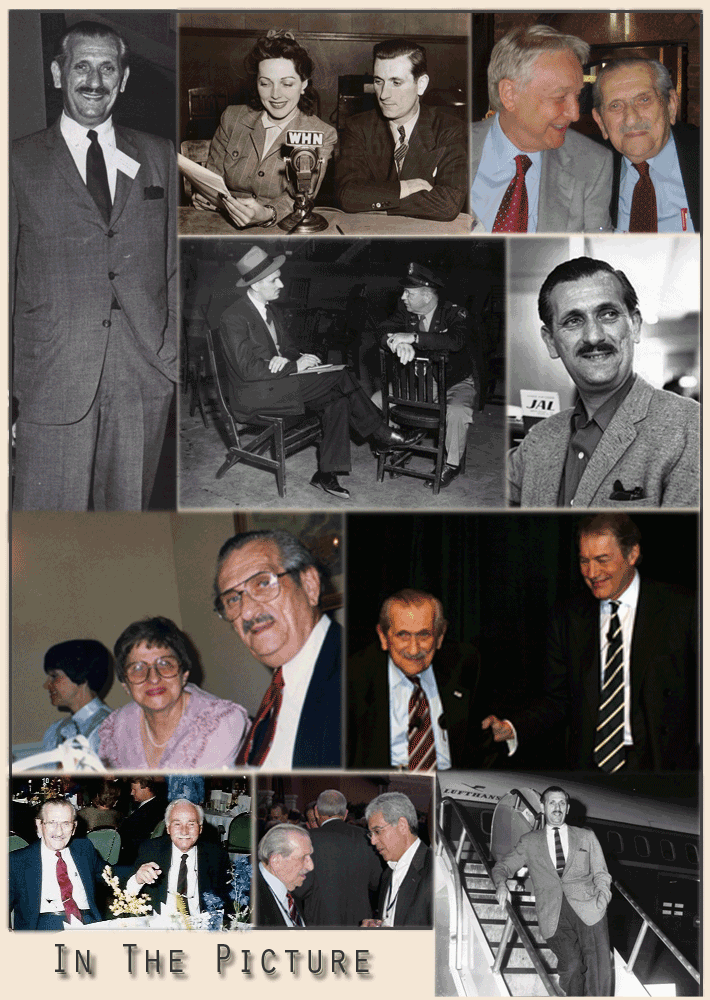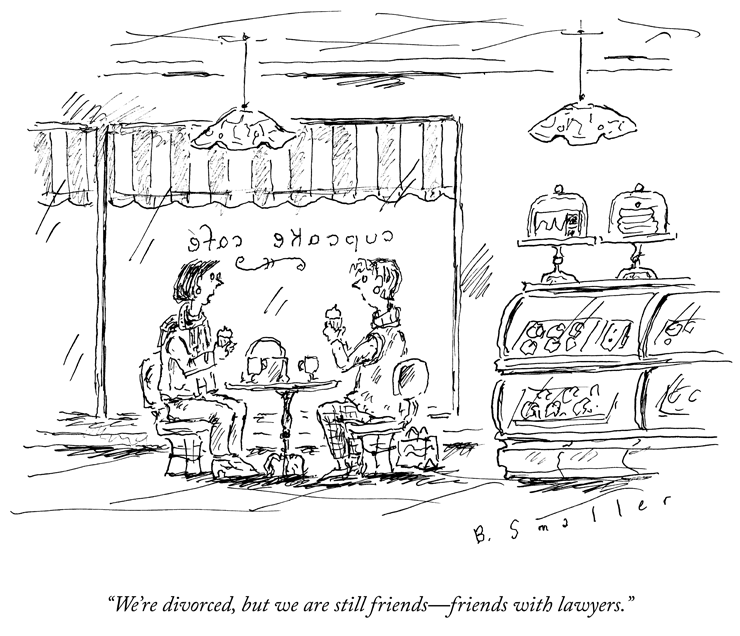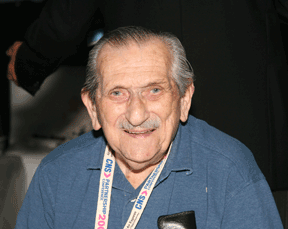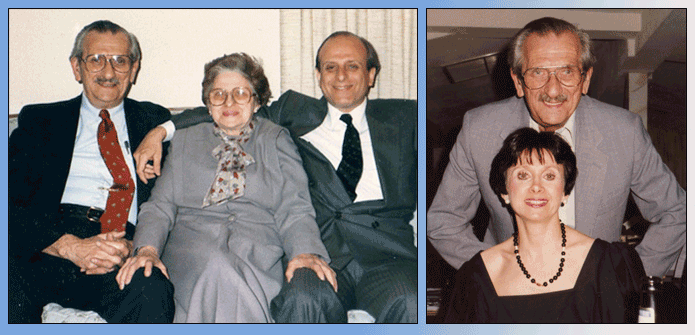 |
 |
 #INTHEAIREVERYWHERE |
| Vol. 15 No. 49 | Monday
June 27, 2016 |
 |
|

|
Some
of the stuff he wrote for our Air Cargo News
during his four-year tenure (a total of 48 issues),
still just jumps off the page.
As we celebrate The Malkin
Century, we laud Richard Malkin's unwavering ability
to reach back and remember his years spent shaping the
air cargo conversation.
He is a great example
of the old truism that tells us the best way to know
where you're going is by remembering where you've been.
Happy 103rd Birthday,
Richard.
Geoffrey/Flossie
 |
The
Brexit vote results rolled in early Friday morning and
were followed just as quickly by a tidal wave of instantaneous
opinions from IATA to IAG to the food truck outside
Heathrow Airport as to what an impending change to the
way Europe operates might mean for them. |
 |
 |
If
You Missed Any Of The Previous 3 Issues Of FlyingTypers
Access complete issue by clicking on issue icon or Access specific articles by clicking on article title |
||
 Vol 15. No. 46 Delta Up On Pharma Kuehner Panalpina End To End Chuckles For June 15, 2016 The Conversation Continues Around The World Following The Sun Orlando The Next Night |
 Vol 15. No. 47 Lufthansa Cutbacks Tip Of The Iceberg ULDs Ain't Just Cans Anymore Chuckles For June 20, 2016 Lightbox for June 20, 2016 Qatar Talks To The Animals |
|
Publisher-Geoffrey
Arend • Managing Editor-Flossie Arend • Film Editor-Ralph Arend • Special Assignments-Sabiha Arend, Emily Arend • Advertising Sales-Judy Miller |
|


 FlyingTypers’
Senior Contributing Editor Richard Malkin turns 103
years young today June 27, 2016.
FlyingTypers’
Senior Contributing Editor Richard Malkin turns 103
years young today June 27, 2016. Samuel Morse may have
invented Morse Code and The Journal of Commerce
(published as a broad sheet here in New York for over
a century), but Dick Malkin breathed new life into the
publication. Life began again at age 65 for Malkin;
he departed Cargo Airlift and teamed up with
a super salesman named Marty Brennan. Together, they
brought the JOC’s Air Commerce publication
into air cargo big time.
Samuel Morse may have
invented Morse Code and The Journal of Commerce
(published as a broad sheet here in New York for over
a century), but Dick Malkin breathed new life into the
publication. Life began again at age 65 for Malkin;
he departed Cargo Airlift and teamed up with
a super salesman named Marty Brennan. Together, they
brought the JOC’s Air Commerce publication
into air cargo big time.

 Elmar Brok, EU chairman
on the Committee on Foreign Affairs, has already urged
that “no gifts be given to the British”
and that the “UK will have to bear full responsibility
for their unfortunate and short-sighted decision.”
Elmar Brok, EU chairman
on the Committee on Foreign Affairs, has already urged
that “no gifts be given to the British”
and that the “UK will have to bear full responsibility
for their unfortunate and short-sighted decision.”
 A highly-placed source
in air cargo told FlyingTypers, "this
Brexit has really caused a lot of confusion.
A highly-placed source
in air cargo told FlyingTypers, "this
Brexit has really caused a lot of confusion.